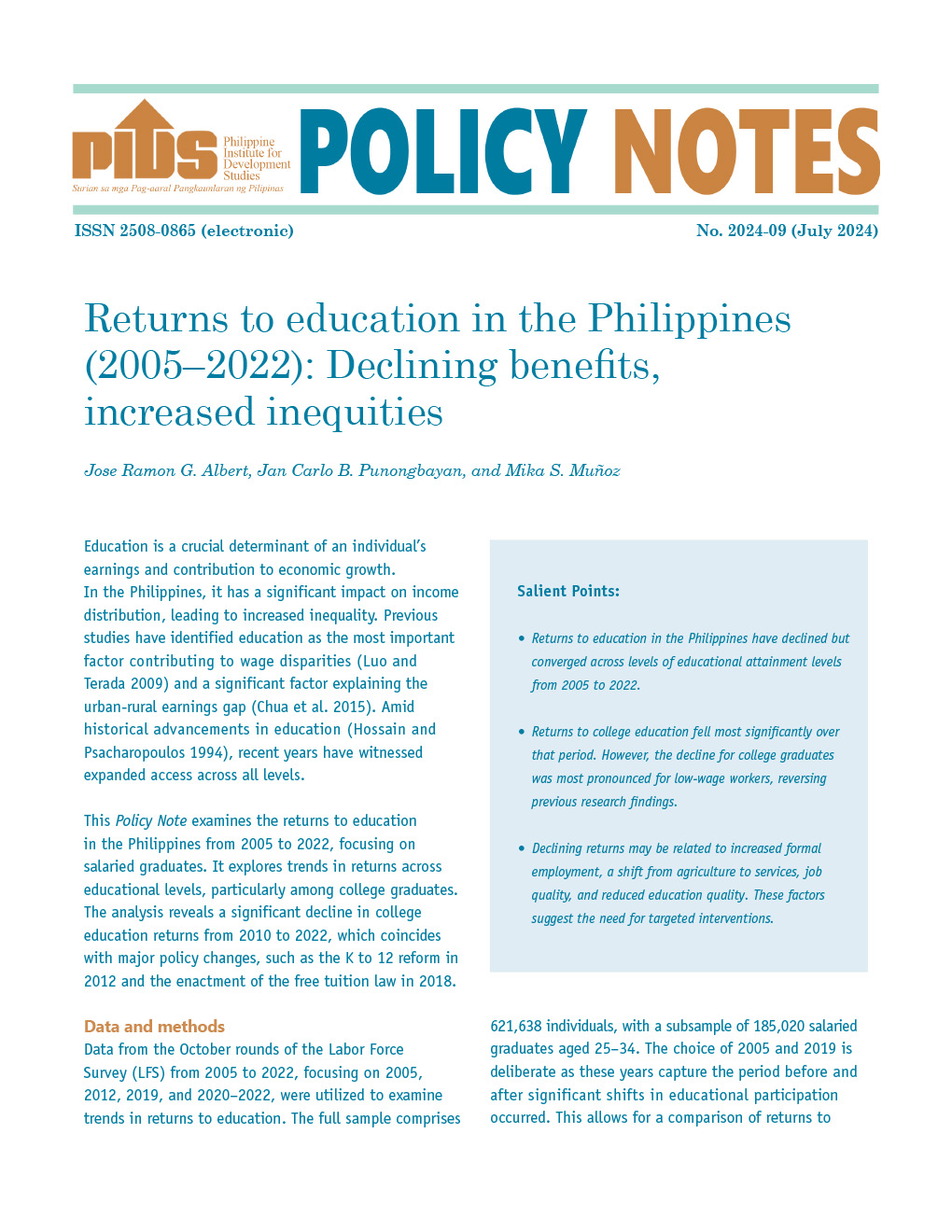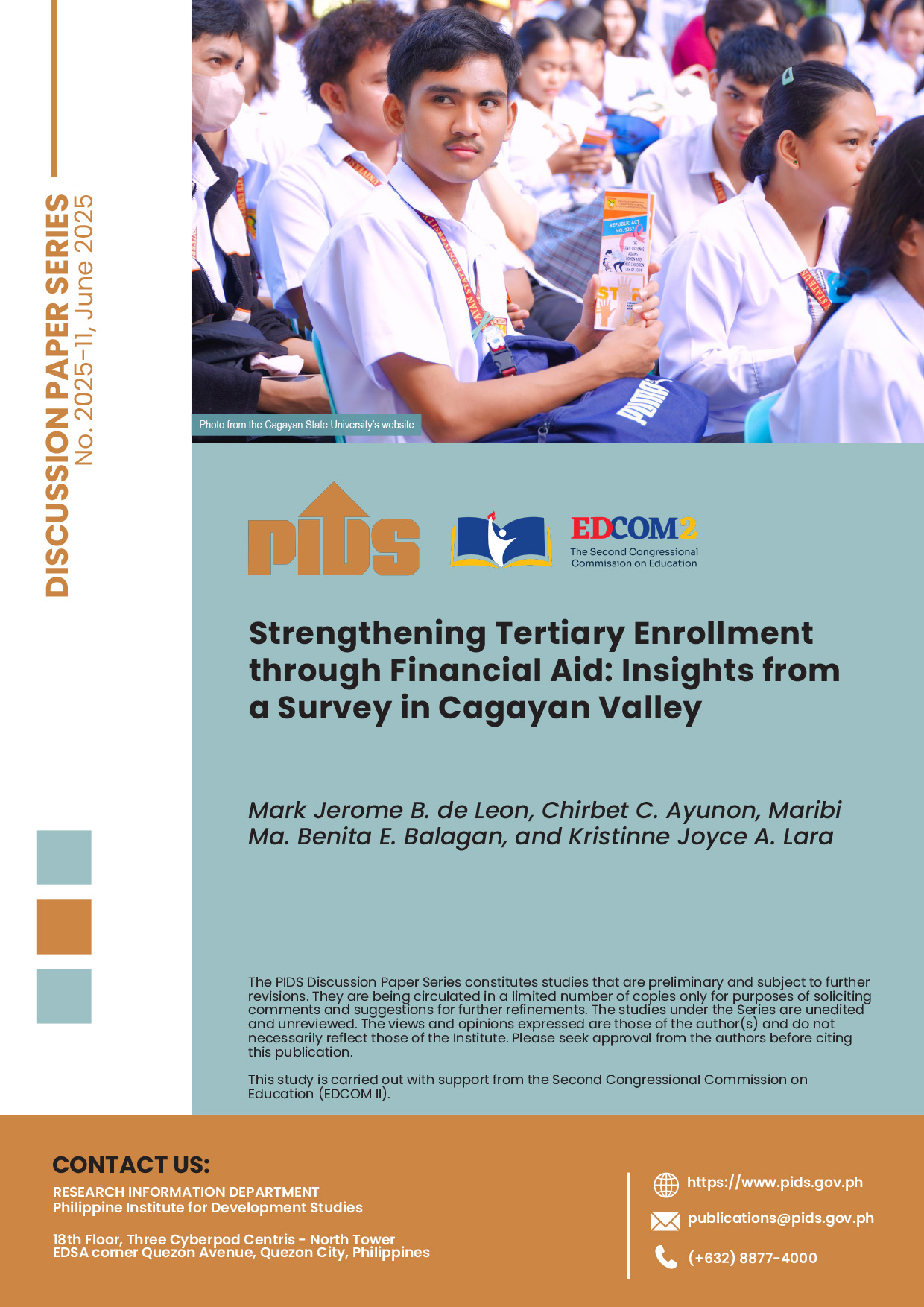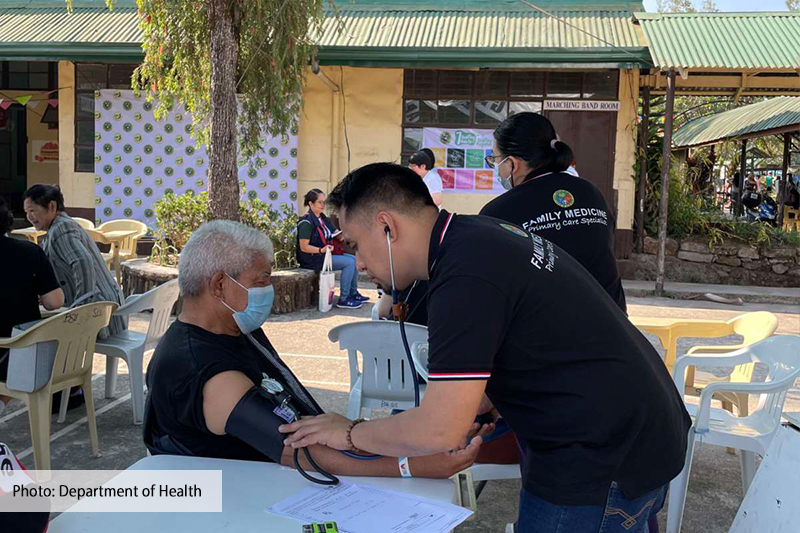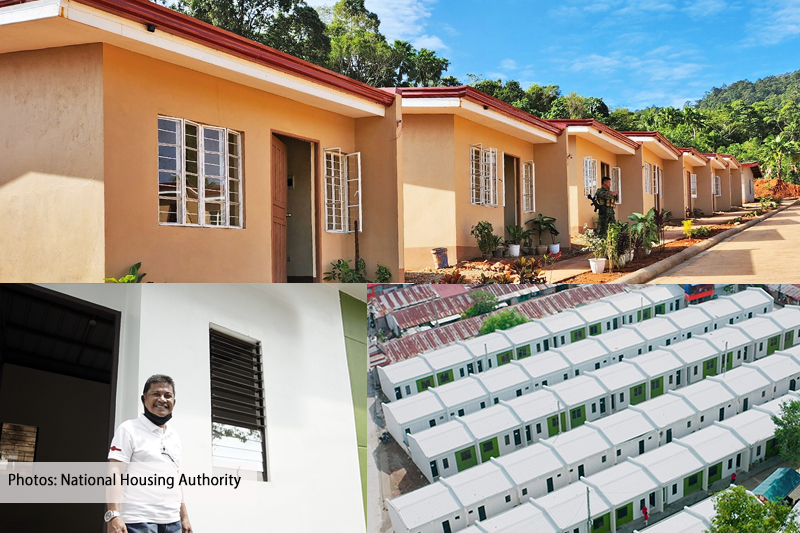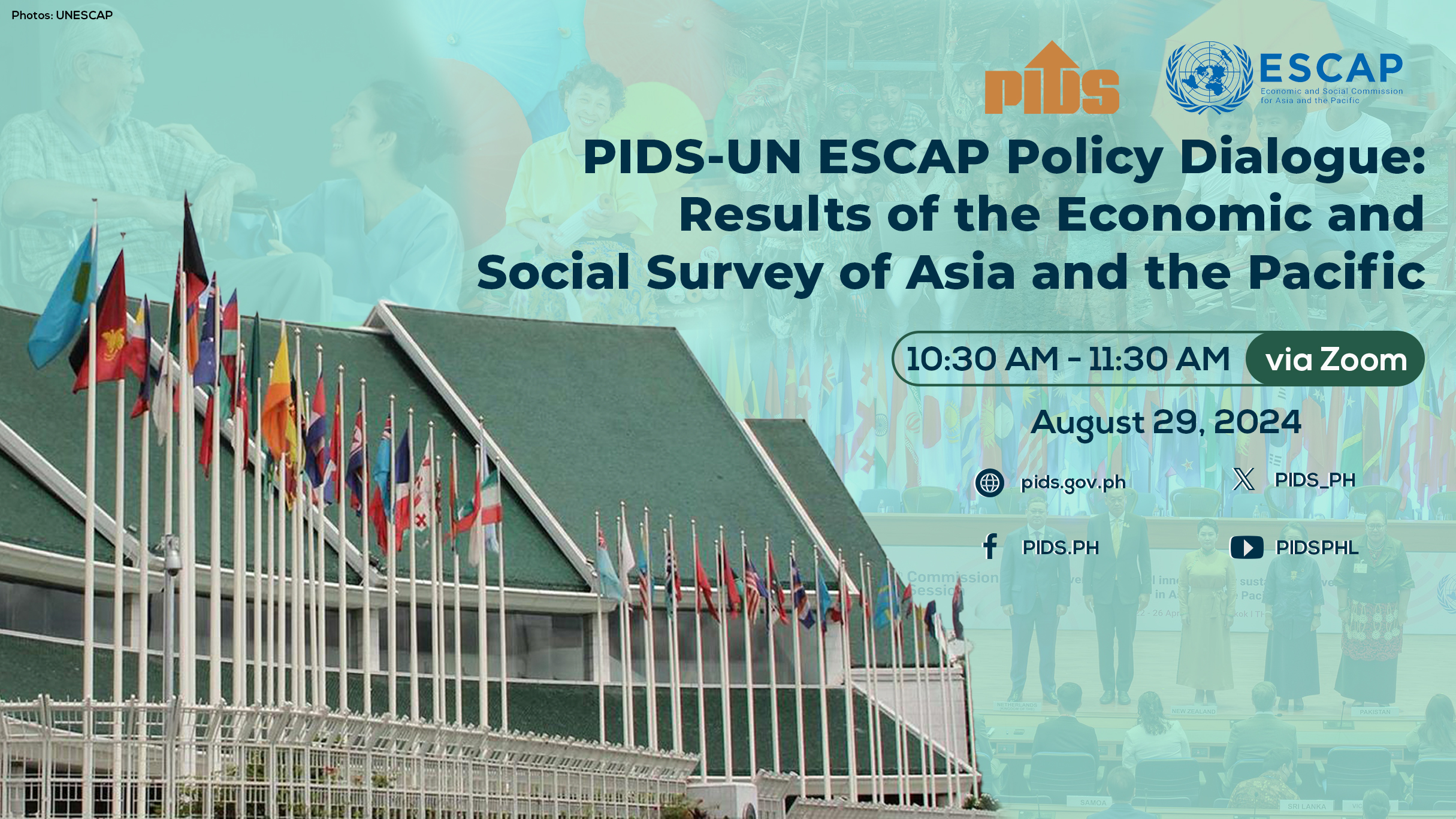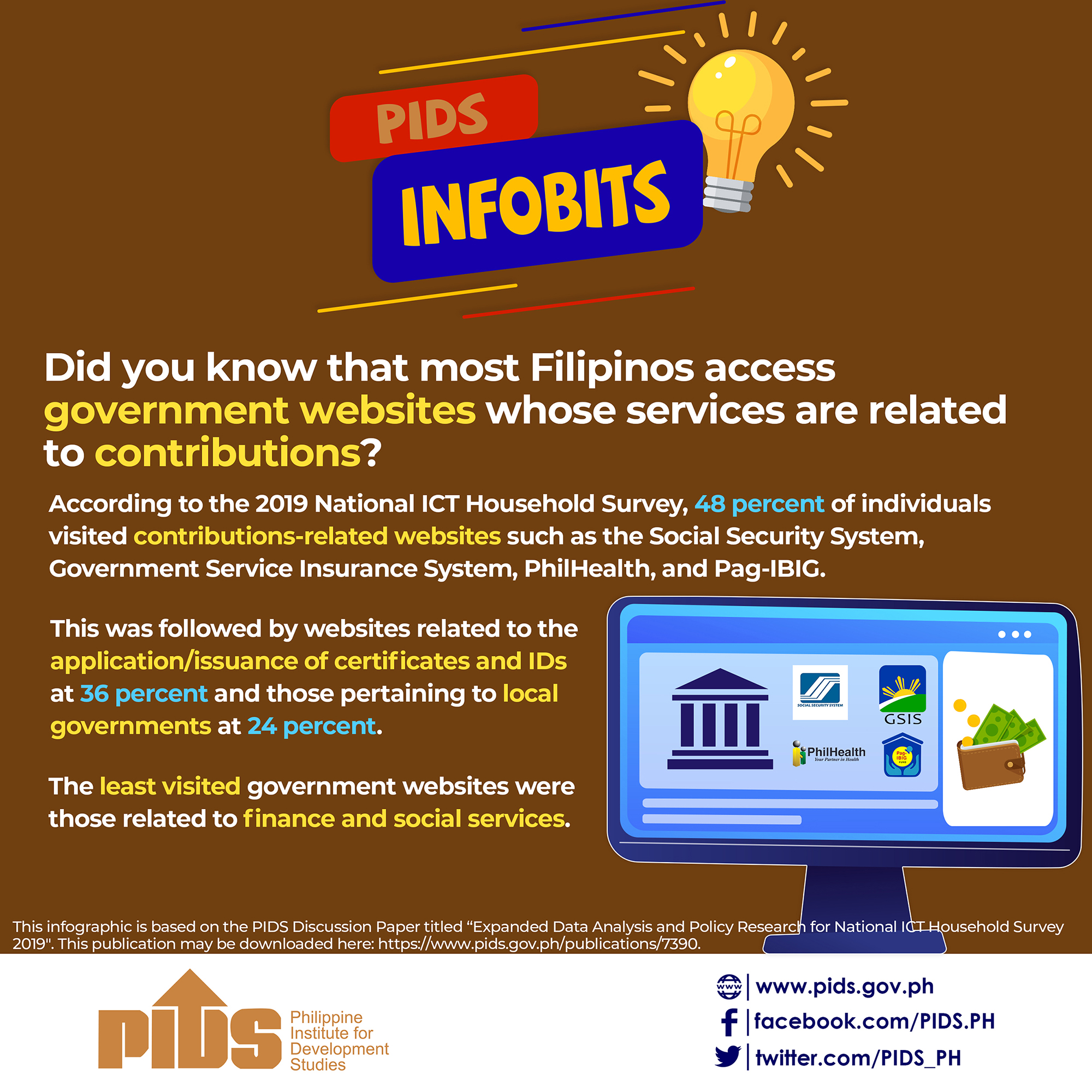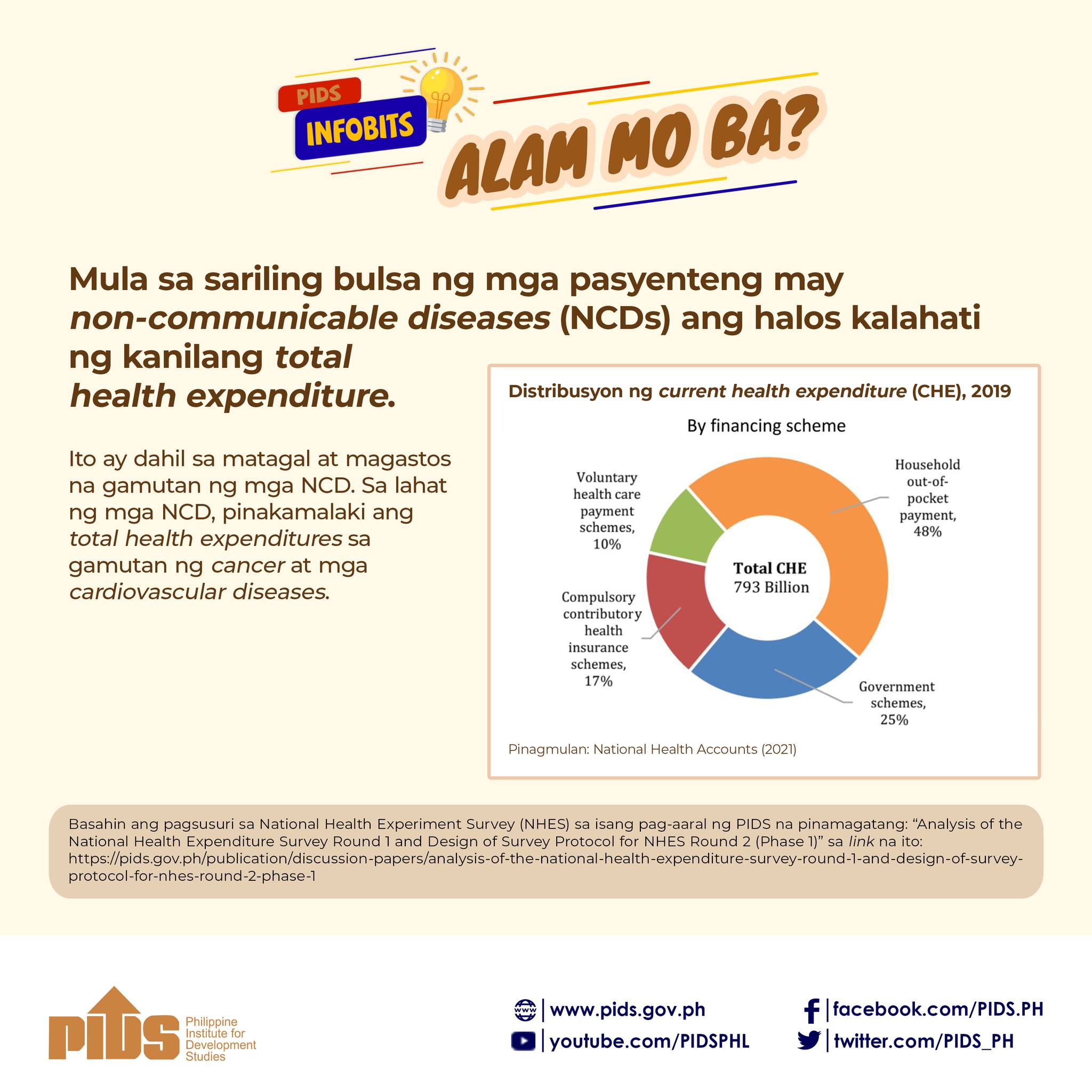The Philippine Statistics Authority (PSA) said it will release the results of a survey that sought to determine the knowledge, perception and attitudes of Filipinos on market competition in April.
The PSA said the survey was commissioned by the Philippine Competition Commission (PCC), an anti-trust body attached to the Office of the President.
The survey also aims to obtain data on Filipinos’ knowledge, perception and attitudes on the laws and regulations governing business competition, according to the PSA.
“The level of awareness of the Philippine Competition Act [PCA], and the household’s familiarity with PCC and its responsibilities is also aimed to be measured in the survey,” the PSA said.
The survey, worth P995,000, will be undertaken through face-to-face personal interviews with 1,200 respondents, aged 15 to 64, in the National Capital Region and urban areas of Luzon, the Visayas and Mindanao.
The provinces that will be included in the survey are Pangasinan, Pampanga and Batangas in Luzon; Iloilo, Leyte and Cebu in the Visayas; and Zamboanga del Sur, Davao del Sur and South Cotabato in Mindanao.
Data to be obtained through the survey include respondent’s monthly income, occupation, educational attainment, perceived benefits of market competition, and the existence of competition among businesses offering goods and services.
The information to be obtained includes Filipinos’ perception on anti-competitiveness behavior, relevance of a competition agency, and ways to enhance the PCC’s visibility among Filipinos.
The survey was cleared for conduct on January 23 under the Statistical Survey Review and Clearance System (SSRCS).
The PCC was created in February 2016 as provided for under Republic Act 10667, otherwise known as the Philippine Competition Act, passed in July 2015.
Part of its mandate is to review mergers and acquisitions (M&A) that may impede competition to the detriment of the consumers.
In just a year, the antitrust body has received 80 notifications for M&A deals, as well as eight referrals for possible anti-competitive behavior in some sectors.
Quality data
The Philippine Institute for Development Studies (Pids) urged the government to increase its investments in statisticians and statistics if it wants to produce quality data.
In a policy note, Pids senior research fellow Jose Ramon Albert said the PSA has only filled 68 percent of its plantilla positions, making it difficult to address gaps in statistical production and absorptive capacity.
Albert added that the use of alternative data sources is key in improving the products and services provided by the PSA, particularly in addressing data requirements for the Sustainable Development Goals.
“Statistics are about credibility and integrity. Government will need to continue investing in statistics, in statisticians and in the statistical system to ensure that the official statistics of the country continue to be viewed well, and will fare even much better than its current standing,” Albert said.
These efforts must be implemented together with increased regular meetings of technical committees and improving access to PSA data, particularly in light of the executive order on Freedom of Information.
Albert also said ensuring the independence of the PSA from politics is key to providing quality statistics in the country.
National statistical offices in Indonesia are functionally attached to the Office of the President and in Malaysia, the Office of the Prime Minister.
“The Philippine Statistical Act puts the PSA under the National Economic and Development Authority, but the law does not make explicit mention of separating statistical releases from political statements, nor are there currently any standards and guidelines on this,” Albert said.
“While the PSA defines an advance release calendar [ARC] for major economic statistics, there is no legal anchor for it and other statistics producers to publish and adhere to an ARC that can protect the integrity and independence of statistics,” he added.
Based on the Open Data Inventory scores of Asean member-states, the Philippines ranked 63rd among 125 countries assessed in 2016. This is the highest ranking in the region.
Albert said the Philippines obtained the highest score in the data category for economic statistics for coverage and the lowest score in environmental statistics for openness.
In terms of disaggregation, the Philippines had the best coverage in balance of payments and national accounts statistics, and least coverage in pollution statistics.
The PSA said the survey was commissioned by the Philippine Competition Commission (PCC), an anti-trust body attached to the Office of the President.
The survey also aims to obtain data on Filipinos’ knowledge, perception and attitudes on the laws and regulations governing business competition, according to the PSA.
“The level of awareness of the Philippine Competition Act [PCA], and the household’s familiarity with PCC and its responsibilities is also aimed to be measured in the survey,” the PSA said.
The survey, worth P995,000, will be undertaken through face-to-face personal interviews with 1,200 respondents, aged 15 to 64, in the National Capital Region and urban areas of Luzon, the Visayas and Mindanao.
The provinces that will be included in the survey are Pangasinan, Pampanga and Batangas in Luzon; Iloilo, Leyte and Cebu in the Visayas; and Zamboanga del Sur, Davao del Sur and South Cotabato in Mindanao.
Data to be obtained through the survey include respondent’s monthly income, occupation, educational attainment, perceived benefits of market competition, and the existence of competition among businesses offering goods and services.
The information to be obtained includes Filipinos’ perception on anti-competitiveness behavior, relevance of a competition agency, and ways to enhance the PCC’s visibility among Filipinos.
The survey was cleared for conduct on January 23 under the Statistical Survey Review and Clearance System (SSRCS).
The PCC was created in February 2016 as provided for under Republic Act 10667, otherwise known as the Philippine Competition Act, passed in July 2015.
Part of its mandate is to review mergers and acquisitions (M&A) that may impede competition to the detriment of the consumers.
In just a year, the antitrust body has received 80 notifications for M&A deals, as well as eight referrals for possible anti-competitive behavior in some sectors.
Quality data
The Philippine Institute for Development Studies (Pids) urged the government to increase its investments in statisticians and statistics if it wants to produce quality data.
In a policy note, Pids senior research fellow Jose Ramon Albert said the PSA has only filled 68 percent of its plantilla positions, making it difficult to address gaps in statistical production and absorptive capacity.
Albert added that the use of alternative data sources is key in improving the products and services provided by the PSA, particularly in addressing data requirements for the Sustainable Development Goals.
“Statistics are about credibility and integrity. Government will need to continue investing in statistics, in statisticians and in the statistical system to ensure that the official statistics of the country continue to be viewed well, and will fare even much better than its current standing,” Albert said.
These efforts must be implemented together with increased regular meetings of technical committees and improving access to PSA data, particularly in light of the executive order on Freedom of Information.
Albert also said ensuring the independence of the PSA from politics is key to providing quality statistics in the country.
National statistical offices in Indonesia are functionally attached to the Office of the President and in Malaysia, the Office of the Prime Minister.
“The Philippine Statistical Act puts the PSA under the National Economic and Development Authority, but the law does not make explicit mention of separating statistical releases from political statements, nor are there currently any standards and guidelines on this,” Albert said.
“While the PSA defines an advance release calendar [ARC] for major economic statistics, there is no legal anchor for it and other statistics producers to publish and adhere to an ARC that can protect the integrity and independence of statistics,” he added.
Based on the Open Data Inventory scores of Asean member-states, the Philippines ranked 63rd among 125 countries assessed in 2016. This is the highest ranking in the region.
Albert said the Philippines obtained the highest score in the data category for economic statistics for coverage and the lowest score in environmental statistics for openness.
In terms of disaggregation, the Philippines had the best coverage in balance of payments and national accounts statistics, and least coverage in pollution statistics.

